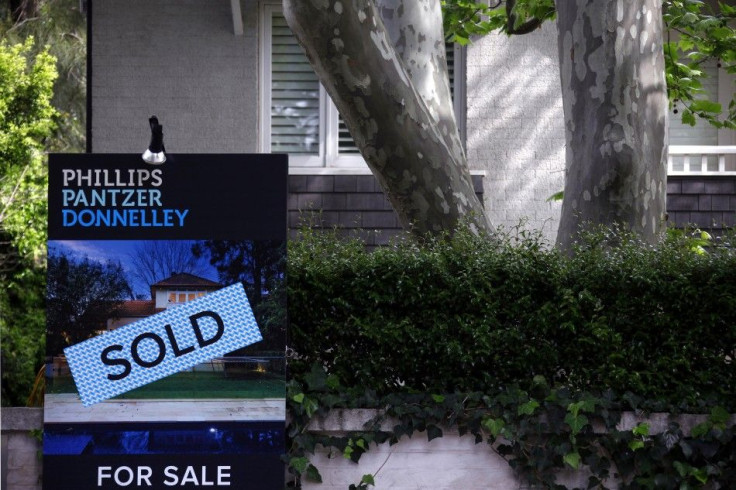Buying A House In Australia May Get Cheaper But Rents May Rise If Negative Gearing Law Goes

Buying a house in Australia may soon become cheaper for first time buyers if the right environment is created in the market. Experts look at the negative gearing law as a possible hindrance while other aspects in the economy are more favourable for the investors.
Property prices in Australia may be getting pushed higher because of speculative demand by the wealthy investors who use negative gearing while making an investment. Negative gearing is a system under which an investor who is paying more money in terms of mortgage interest compared to the rental income of that property is entitled to offset that loss against other taxable income.
According to a report by News, some experts believe that the system is unfair for the first time property buyers who want to buy a house to live in, as they have to compete with investors who are purely looking at the capital gain from the property in a few years and who don't mind the short term loss because of lower rental income.
Experts who are against negative gearing reportedly say that because of the system today there is a lot of speculative demand in properties that is overheating the housing market. The original intention of the law to help increase the supply in the housing market may not be yielding the desired results.
Experts who are against the removal of negative gearing reportedly contend that the effects of negative gearing may have been hyped and the only city to witness a housing price boom in Australia is Sydney. There are also some cities where housing prices are said to have fallen.
But others believe that if negative gearing is removed then the consequence of it could be a fall in speculative demand for properties that will lead to lower prices across the board. The other consequence could be that since the property prices may fall or remain stagnant for a long time, the supply in the market will reduce. This in turn may push the rents higher.
As property prices in Australia have been growing it may result in more consumers chasing properties by accumulating large amounts of debt, a scenario that will not be welcome for the economy. According to a report by Sydney Morning Herald, financial regulators are increasingly concerned about loans being given to speculative buying in the property market.
With funds being made available through banks at very low rates of interest and arrangements like negative gearing and tax concessions on capital gains, will Australia face a housing bubble in the near future? Should these tax breaks, that are said to benefit the wealthy, be abolished? Please leave your comments below.






